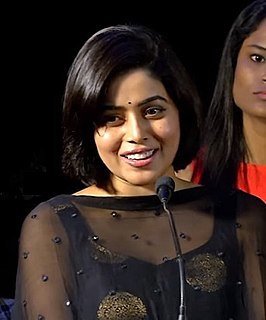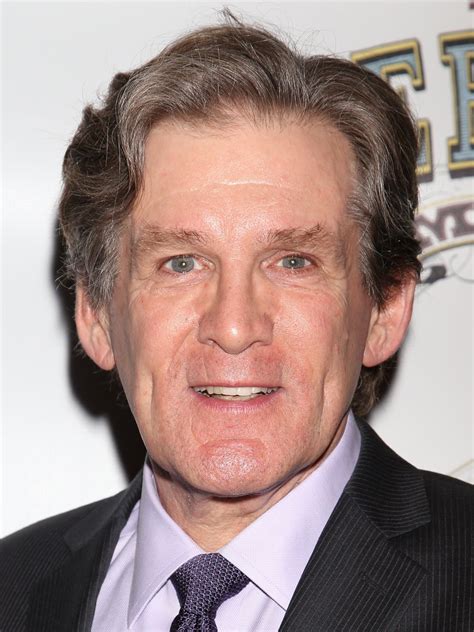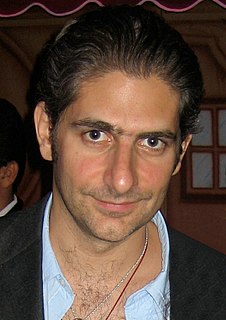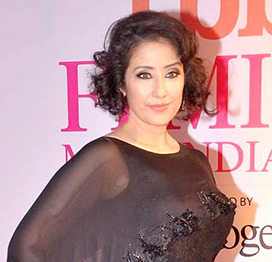A Quote by Shamna Kasim
Don't compare me to veteran actor Lakshmi who immortalised Julie in director Sethumadhavan's Chattakkari.' It's so unnerving.
Related Quotes
I'm the type of actor that believes the director has to be in charge. I've been on sets where the actor's ego was the most important thing, and with a director that messes it up. But I don't like a dictator, I want it to be collaborative - the best idea wins. If I feel respected, and I'm going to give that back. If a director wants to try something, cool, I'll give it back. I also feel like they cast me for a reason, so I'm going to make my mark on it... let me do my thing.
I love the variety of films. In theater, you go into a room and the director runs the room, so you all work to his or her method. On film, if an actor or an actress is in for a day or two, the director has to get out of that actor what they need, so they have to change and adapt to that actor's technique.
The director is the most important because, ultimately, as an actor, when you watch a movie, it looks like an actor is giving a performance, and they kind of are. But, what's actually happening is that an actor has given a bunch of ingredients over to a director, who then constructs a performance. That's movie-making.



































